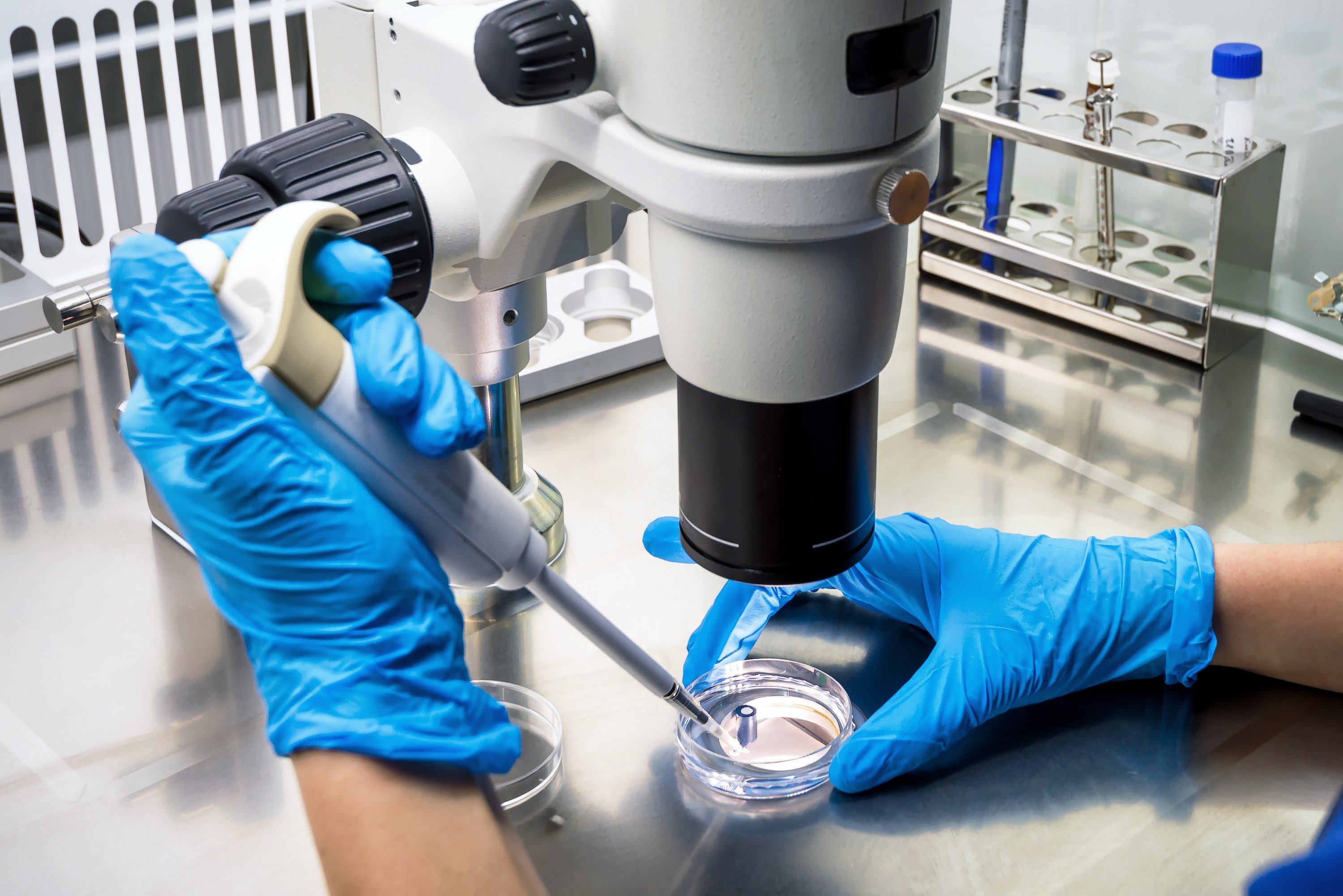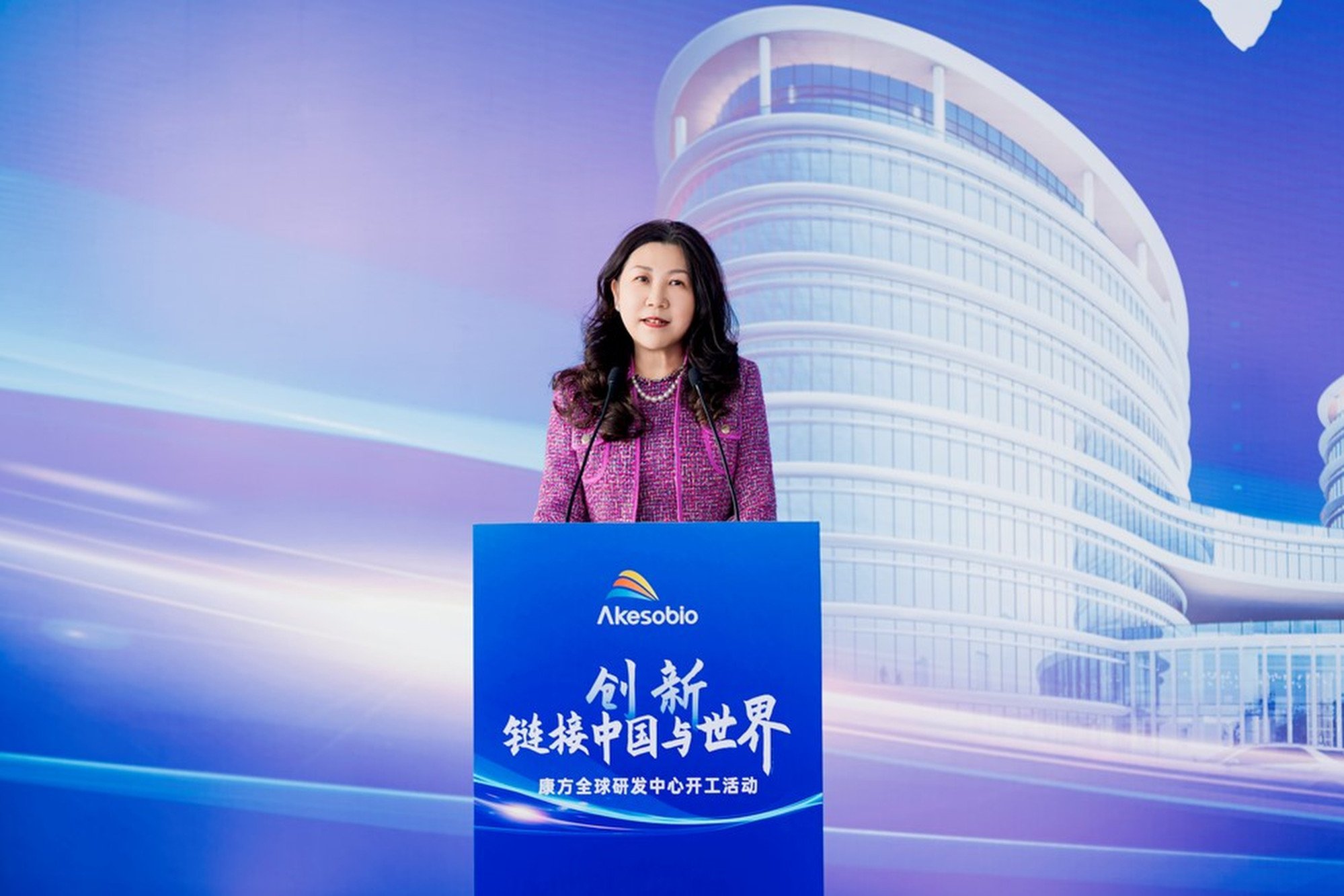China’s Akeso, Hailed As Biotech’s ‘deepseek Moment’, Falls Despite Nod For Cancer Drug

Shares of Chinese cancer drug developer Akeso slumped on Monday despite the company receiving a second marketing approval from the mainland’s drug regulator for an innovative medicine.
The shares tumbled 10.2 per cent to HK$88.90 in the afternoon, after surging 20.8 per cent in the previous four sessions on the back of a string of favourable clinical trial results announcements. The shares traded as high as HK$105.50 on Friday, 6.5 times their initial public offering price of HK$16.18 five years ago.
Guangzhou-based Akeso said in a statement to the Hong Kong stock exchange late on Sunday that the National Medical Products Administration had given it the go-ahead to market ivonescimab to treat certain non-small-cell lung cancer patients.
“This indication marks ivonescimab’s second major approval,” the statement said, adding that the drug offered patients a safer ‘‘chemotherapy-free’’ alternative. Last May, regulators approved ivonescimab to treat non-squamous non-small-cell lung cancer patients.

The development of the new antibody drug was hailed by the mainland media last month as the biotech industry’s “DeepSeek moment”, as a clinical trial showed the treatment to be much more effective than a US-developed drug.
Chinese start-up DeepSeek shocked the global tech industry in late December and January with its two high-performance artificial intelligence models, which were developed at a fraction of the cost of their Western peers.
The drug’s approval was based on a phase three clinical trial, which showed the condition of patients did not deteriorate for 11.1 months, compared with 5.8 months for patients treated with pembrolizumab – the world’s most popular cancer drug – sold by Merck under the brand name Keytruda.
Sunday’s announcement on ivonescimab included new clinical data on patients’ overall survival, which suggested a 22 per cent decrease in the risk of death.
Akeso’s founder and CEO Michelle Xia told analysts in a conference call on Monday that it took only nine months for the drug to be formally approved. The relatively quick approval was due to timely communications with the regulators and the clinical trial’s progress, she added.
Last Wednesday, the company reported that ivonescimab showed positive phase three clinical trial results – vetted by an independent data-monitoring committee – for squamous non-small-cell lung cancer.
This was followed by an announcement on Friday that its self-developed penpulimab antibody had received approval from the US Food and Drug Administration as a first-line treatment for recurrent or advanced nasopharyngeal cancer.
Last Monday, Akeso announced that its drug ebdarokimab for treating the chronic autoimmune disease plaque psoriasis had been approved by Chinese regulators.
Japanese investment bank Nomura on Monday lifted the company’s target price to HK$99.60 from HK$75.10, to reflect higher estimates of the drug’s sales in both domestic and overseas markets.
But Nomura downgraded its recommendation to “neutral” from “buy”, citing the recent price rally.
“We saw this [data] as positive and largely in line with investors’ expectations,” said Nomura analyst Zhang Jialin. “However, it may disappoint those who expected a ‘home run’ of superior hazard rate data, evidenced by a 36 per cent share price decline for Summit [on Friday].”
Florida-based Summit Therapeutics is Akeso’s business partner for conducting trials, getting approval and marketing ivonescimab in overseas markets.
Nomura expects Akeso to post a net profit of 96 million yuan (US$13.2 million) this year, compared with a loss of 515 million yuan last year. Meanwhile, next year’s profit is expected to surge to 1.82 billion yuan, up from the previous forecast of 1.08 billion yuan.
Additional reporting by Xinmei Shen


